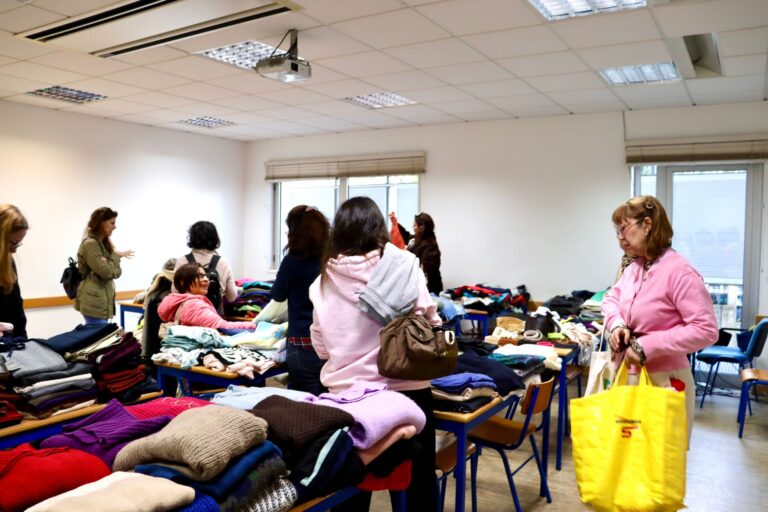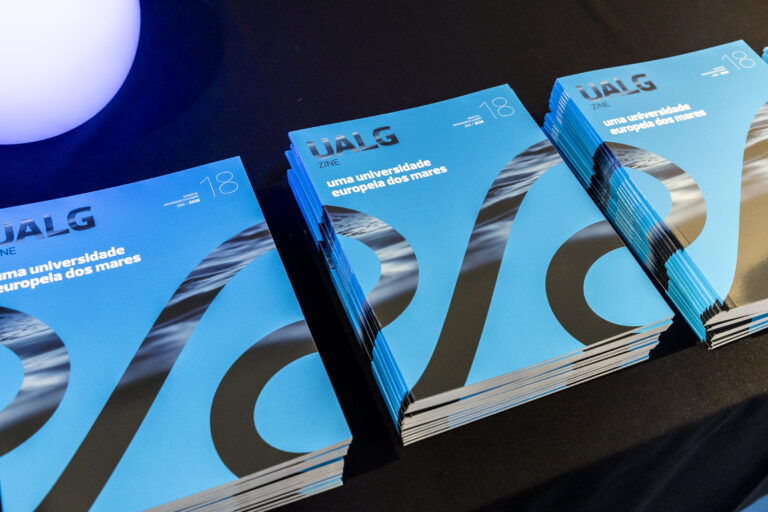As part of the SEA-EU Alliance’s commitment to international research and mobility, the University of Brest (UBO) welcomed Wiktoria Laprus, a Master’s student in Biotechnology from the University of Gdańsk, Poland, for a four-month internship, in the laboratory of Genetics, Functional Genomics and Biotechnology (GGB – UMR 1078) in Brest. We spoke with both Wiktoria and her supervisor, Gwendal Dujardin, researcher at GGB, about the experience, the challenges, and the value of working across cultures.
Wiktoria, what is the subject of your research internship?
My research internship focuses on messenger RNA (mRNA), specifically how it is modified in cancer. The goal is to better understand the biogenesis of these molecules in cancerous cells.
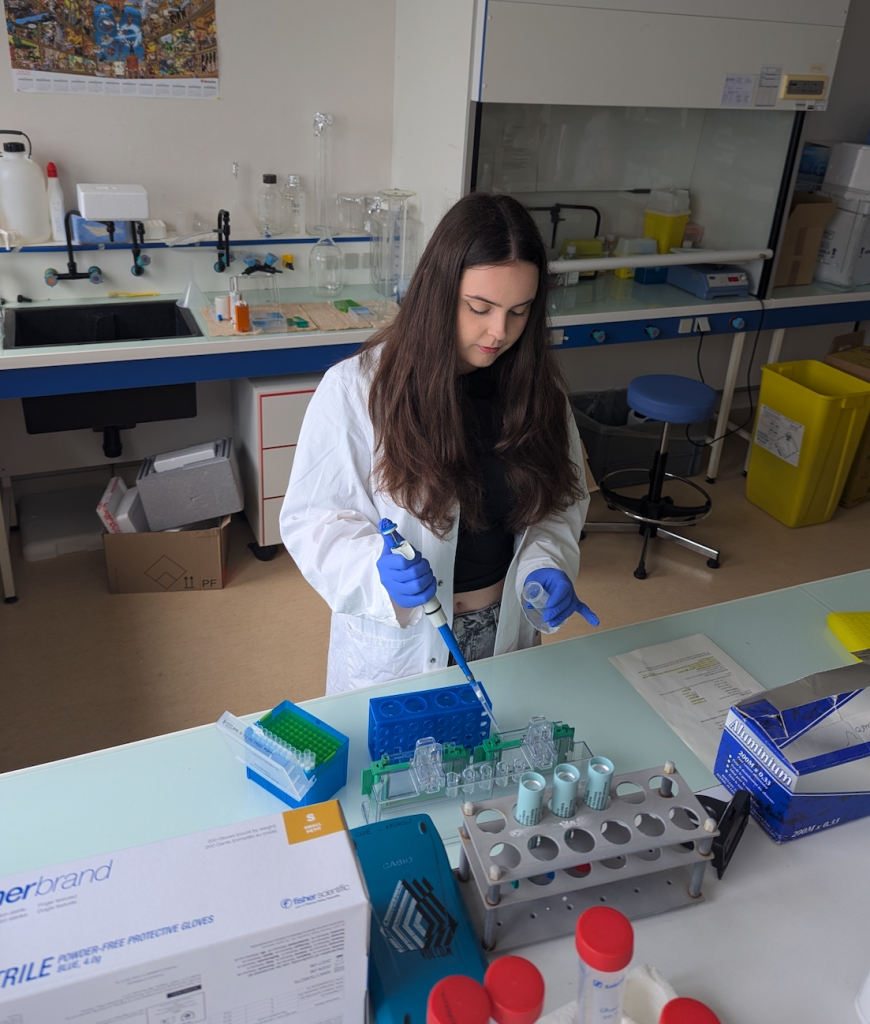
How did you find this internship opportunity?
A colleague from my department had previously done an internship in the same lab and highly recommended it to me. Although I didn’t apply through the SEA-EU framework, the process was smooth. There were several forms to complete and people involved in the process, but nothing overly complicated. The team at GGB, was very helpful in managing the administrative aspects.
How are your first weeks in Brest and in the lab going?
The first days were surprising because lab practices in France are a bit different from those in Poland, but I quickly adjusted. Brest is a beautiful city, with plenty of scenic walking paths. I’ve enjoyed discovering the Brittany region, from the coastline to peaceful, lesser-known areas. In just an hour by bus, you can reach incredible places like Le Conquet, which is one of my favorite place here. In a few days I will be going to discover the Island of Ouessant.
Brest is quite different from Gdańsk and the cities I know in Poland, but the more time I spend here, the more I’ve come to appreciate the city and its atmosphere.
What advice would you give to other students considering an international research internship?
If you have the opportunity, take it! Even if it feels intimidating, it’s an experience you’ll remember for life. Travelling alone can be challenging at first, especially during the first two weeks, but it’s something you can absolutely overcome. You’ll grow personally and academically, and you’ll gain valuable perspective and professional experience.
Gwendal, what are the benefits of welcoming a foreign student into your lab?
It encourages everyone in the lab to use English, which is excellent training, especially for younger researchers. It helps them develop skills for international science and collaboration. Culturally, it’s also enriching. Working with someone from a different background opens minds. Many of us only had that chance later in our careers, and it’s great to offer it to the team now.
And the challenges?
There are definitely logistical and administrative barriers. Finding accommodation, arranging insurance, these can be difficult for international students, especially because the systems aren’t always aligned.
But in the end, it’s beneficial for the team and worth the administrative effort. Also, since SEA-EU provides funding for these internships, cost is not an issue and it’s a win win for everyone.
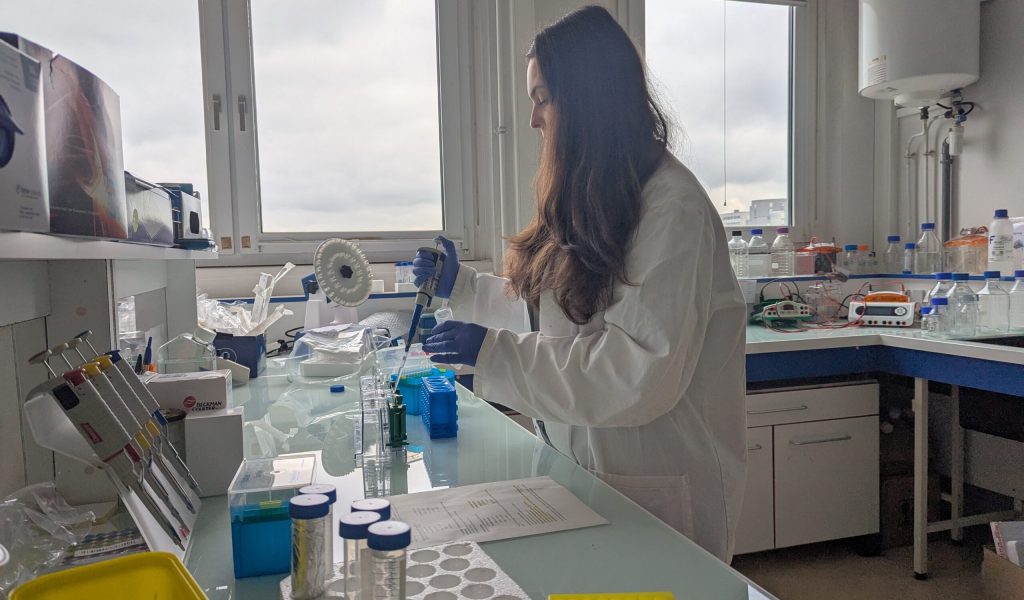
Any advice for students thinking about doing a SEA-EU internship in Brest or elsewhere?
Absolutely, go for it! Our lab is open to welcoming more international students. From my own experience, I know how valuable international mobility is. In research, the international dimension often has more impact on a CV than the specific topic of the internship. Not many students take the leap, but those who do benefit greatly, both academically and personally.
Interested in a SEA-EU internship?
Check the internship opportunities page or contact your university’s SEA-EU coordinator for more information about research mobility opportunities.
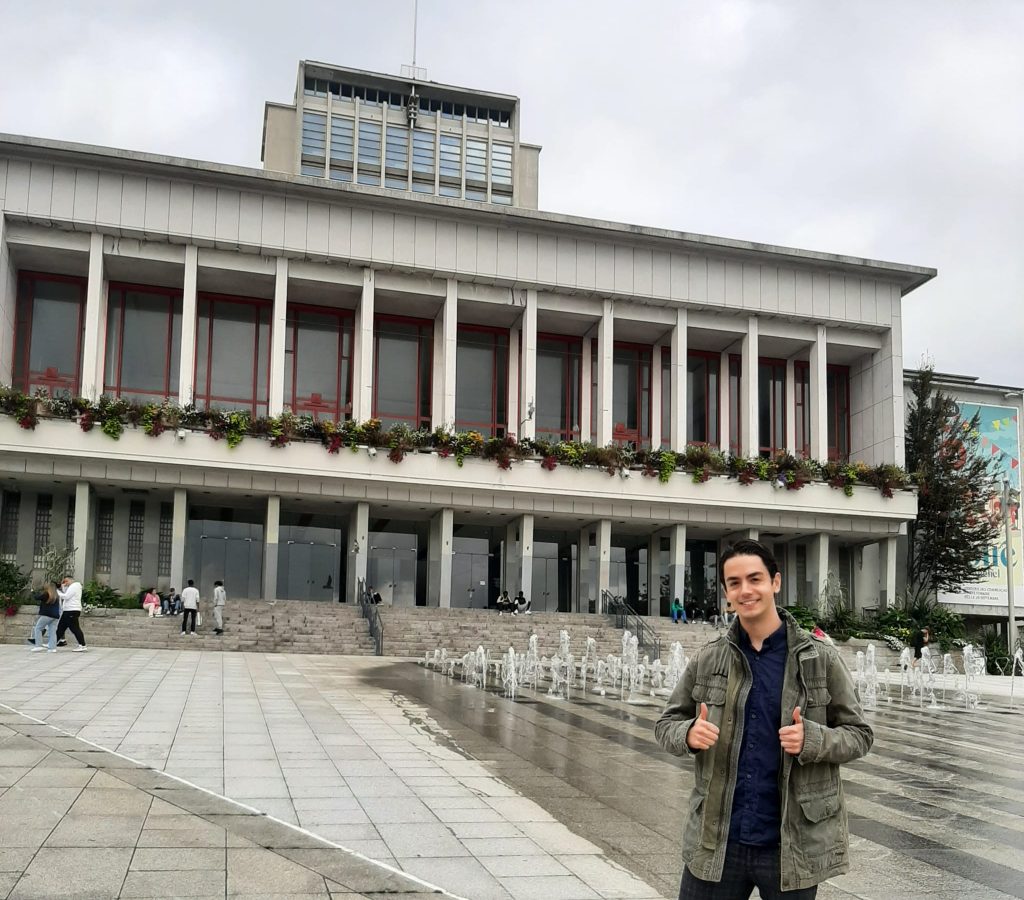
For more insights on international internships, read Dennis’s interview about his research experience in Brest.
